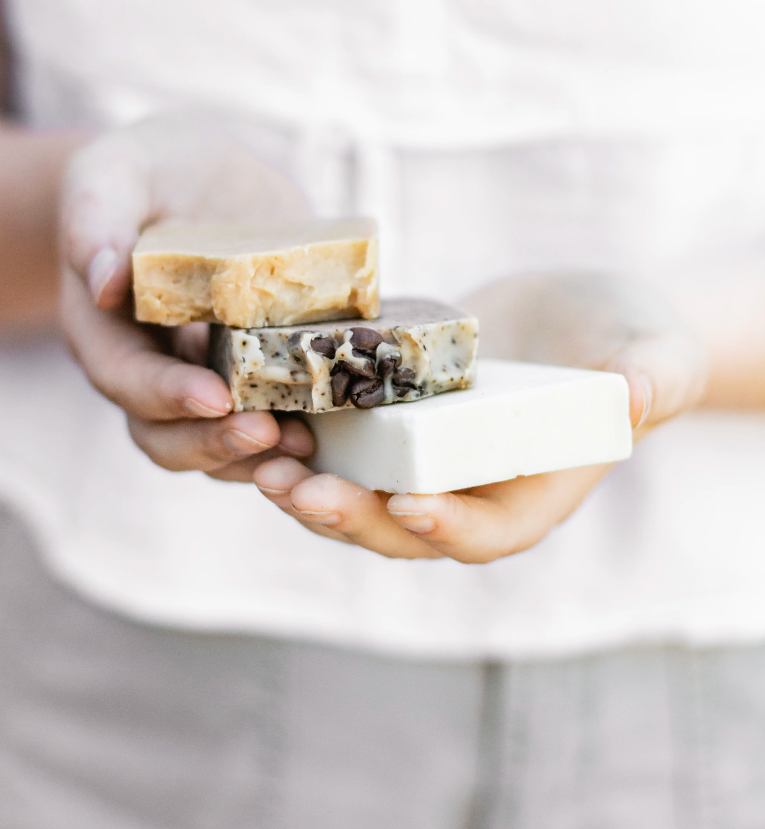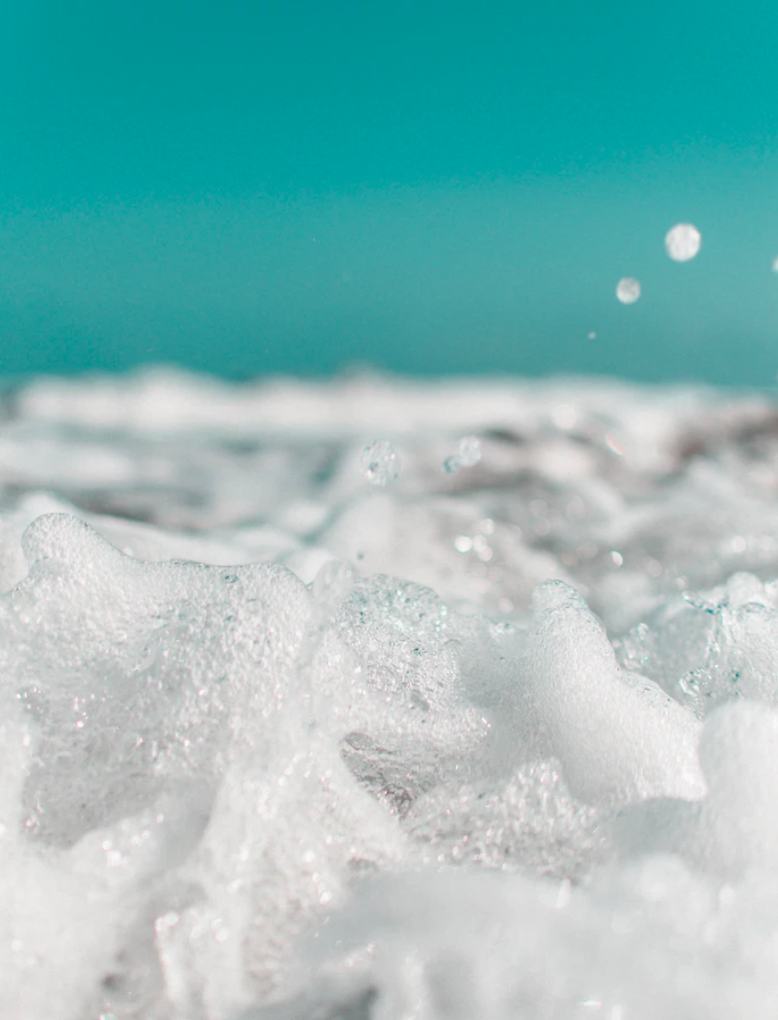Physical Address
304 North Cardinal St.
Dorchester Center, MA 02124
Physical Address
304 North Cardinal St.
Dorchester Center, MA 02124
One of the appeals of vegan soap is its use of handmade, cruelty-free soap created from natural components. If you’re unsure of how to produce vegan soap, we’ll go over a few well-known plant-based oils and their characteristics to guide you through the process. Additionally, we’ve compiled a few vegan soap recipes for you to try.
You can enjoy the soapmaking process after you are familiar with the various vegan oils and their qualities in soap.
What is vegan soap precisely, before we get started?
The majority of handmade vegan soap includes only organic, plant-based components. Goat’s milk, tallow, and lard are just a few examples of the animal-based or animal-derived ingredients that are not allowed in the soap-making process.
Making a bar of soap without using any animals is advantageous on many levels, regardless of whether you are a vegan or want to manufacture soap that will appeal to the vegans in your life. Numerous vegan soaps are manufactured with high-quality, ethically sourced components, like organic essential oils and fair trade shea butter.
Some vegans also want to stay away from any foods that have undergone animal testing or otherwise negatively affected animals. This is why using palm oil is a little debatable (we talk more about palm oil below).
Simply said, vegan soap lacks the use of animal ingredients while yet having many of the healing and cleaning qualities of regular soaps.

Distilled water, lye, and oil/fat are the three components that make up the simplest soap formula.
Traditionally, rendered animal fat or drippings from slaughtered farm animals have been utilized in soap production. Despite the frequent confusion between the two phrases, lard normally refers to pig fat whereas tallow is made from cows.
The “fat” in a basic soap recipe was made of tallow and lard. This is primarily due to the fact that it was cheap and easily accessible on farms.
These animal-based fats are obviously unpopular with the vegan population.
Without lard, can soap be made? Absolutely, yes! There are so many plant-based alternatives to the conventional animal-based oils and butters.
In order to manufacture vegan soap, you can use a variety of plant-based oils and butters. Let’s look at some of them.
To achieve desired outcomes, the majority of vegan soaps combine several plant-based oils or butters.
We’ll start by looking more closely at the four plant oils and butters that are most frequently used: coconut oil, olive oil, shea butter, and palm oil.
Coconut oil
Lauded for its ability to moisturize, coconut oil also serves as a protective natural barrier against skin damage.
If you’re seeking for coconut oil to make soap, look for words like “pure” or “refined.” There shouldn’t be any additives or preservatives used in these; just pure coconut oil. Some soapmakers prefer to avoid using unrefined coconut oils because of their intense, coconut-like aroma.
Coconut oil is solid at normal temperature. The melting point is indicated on your jar’s label as 76 degrees (in Fahrenheit). This kind appears to be the most widely utilized in soap production.
Other coconut oil variations include:
Olive oil
Castile soap is one of the most well-known types of soap prepared using olive oil. Olive oil has long been a staple in soaps due to its gentle, hydrating, and conditioning qualities.
It’s crucial to choose a quality bottle of olive oil when creating soap rather than just any old bottle from the grocery store. Despite claims to the contrary, some olive oils of lower quality might cause your soap to go rancid very rapidly. Olive oil is graded for taste, not for use in creating soap, so don’t worry about it too much.

Here are various olive oil grades:
Extra virgin: Made without the use of chemicals during the extraction process and obtained from the initial pressing of olives. Additionally, its “free acidity level” is the lowest. Although the taste of soap may not be a factor, the olive oil has a superior flavor when the acidity level is lower and better-quality olives are utilized.
Virgin: Also produced by pressing olives before harvest. With the exception of a higher permitted “free acidity level,” virgin olive oil possesses characteristics identical to those of extra virgin oil.
Pure or Grade A: Because it’s widely accessible, soapmakers frequently use this classification. Virgin and other refined oils are mixed to create pure or Grade A olive oil. While the flavor and nutritional content are changed, the olive oil is produced in a more stable bottle with a longer shelf life.
Pomace: Pomace olive oil is prepared from the last drops of squeezed olives that are removed from the flesh, skin, and pits of the olives, giving it a greener tint. Pomace is sometimes preferred by soapmakers because it gives finished soaps a faintly green tint. Since pomace olive oil has a higher acidity, it works well for creating soap.
Shea butter
Fatty acids and vitamins A and E are abundant in shea butter. Shea butter has long been a mainstay in creams, lotions, and soaps due to its creamy consistency, intensely nourishing, and emollient characteristics.
It also contains anti-inflammatory qualities, which are excellent for easing dry, irritated skin. It also has antibacterial and antifungal properties.
Shea butter varieties are graded from A to F, with A being the best, according to their quality. Aim for the best quality that your money will allow. If you want to make sure your fruit was sourced ethically, you may also check for “fair trade” labels.
Rough or smooth? Shea butter that hasn’t been refined still has its original, slightly nutty, earthy scent and nourishing qualities.
Palm oil
Look at the list of ingredients on the soap, shampoo, or body wash you purchased at the store; chances are, palm oil is there.
Some handmade soap recipes call for palm oil too.
The issue is that excessive amounts of palm oil in soap cause dry skin.
Given that it comes from a palm oil tree, palm oil is vegan (Elaeis guineensis). To manufacture palm kernel oil, or PKO, oil is taken from the fleshy red fruit, the kernel, or the seed.
Here’s where palm oil becomes contentious.
According to the World Wide Fund for Nature, the increased demand for this multipurpose oil has resulted in difficulties including deforestation and the destruction of local species’ natural habitats (WWF).
For more information you can click: